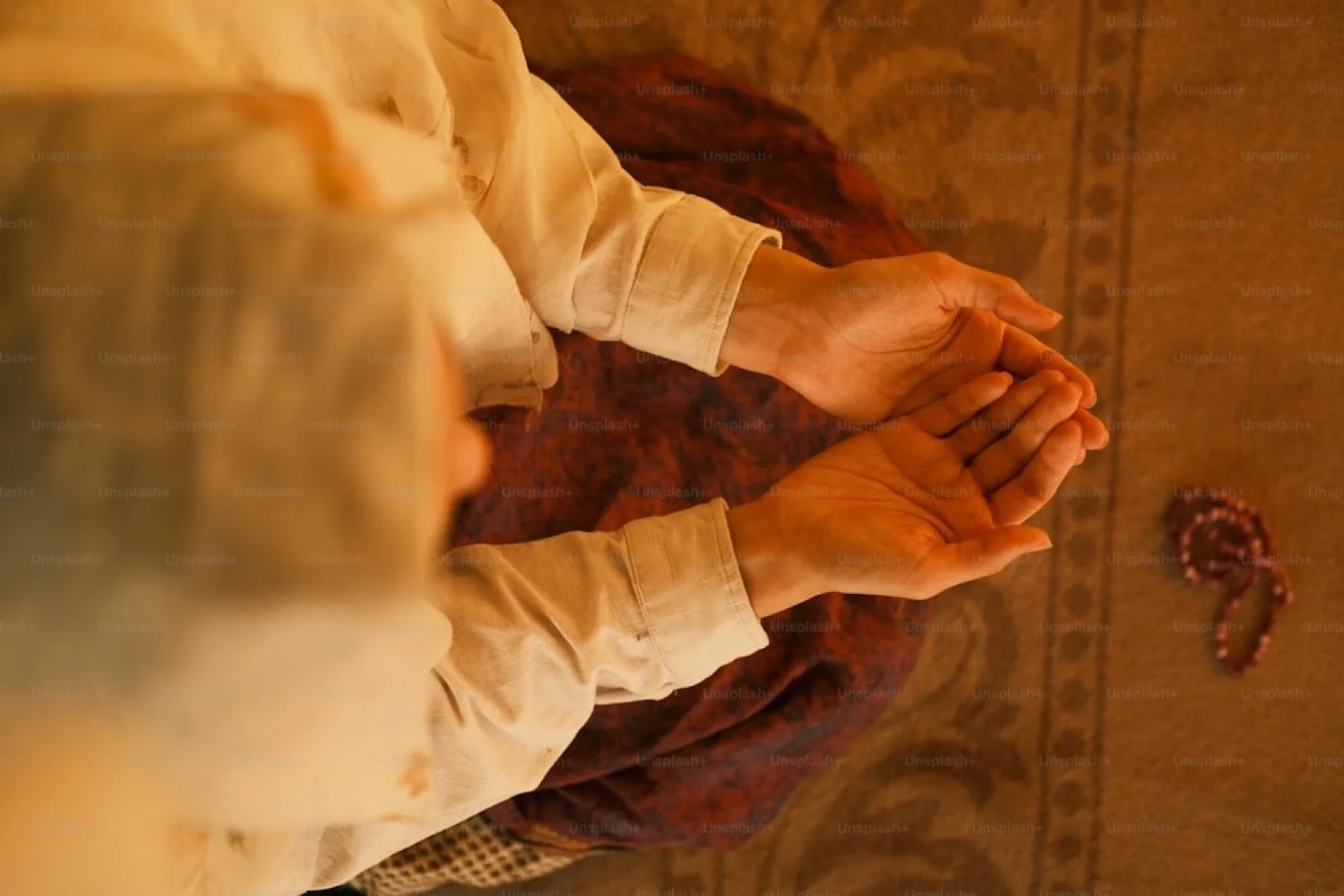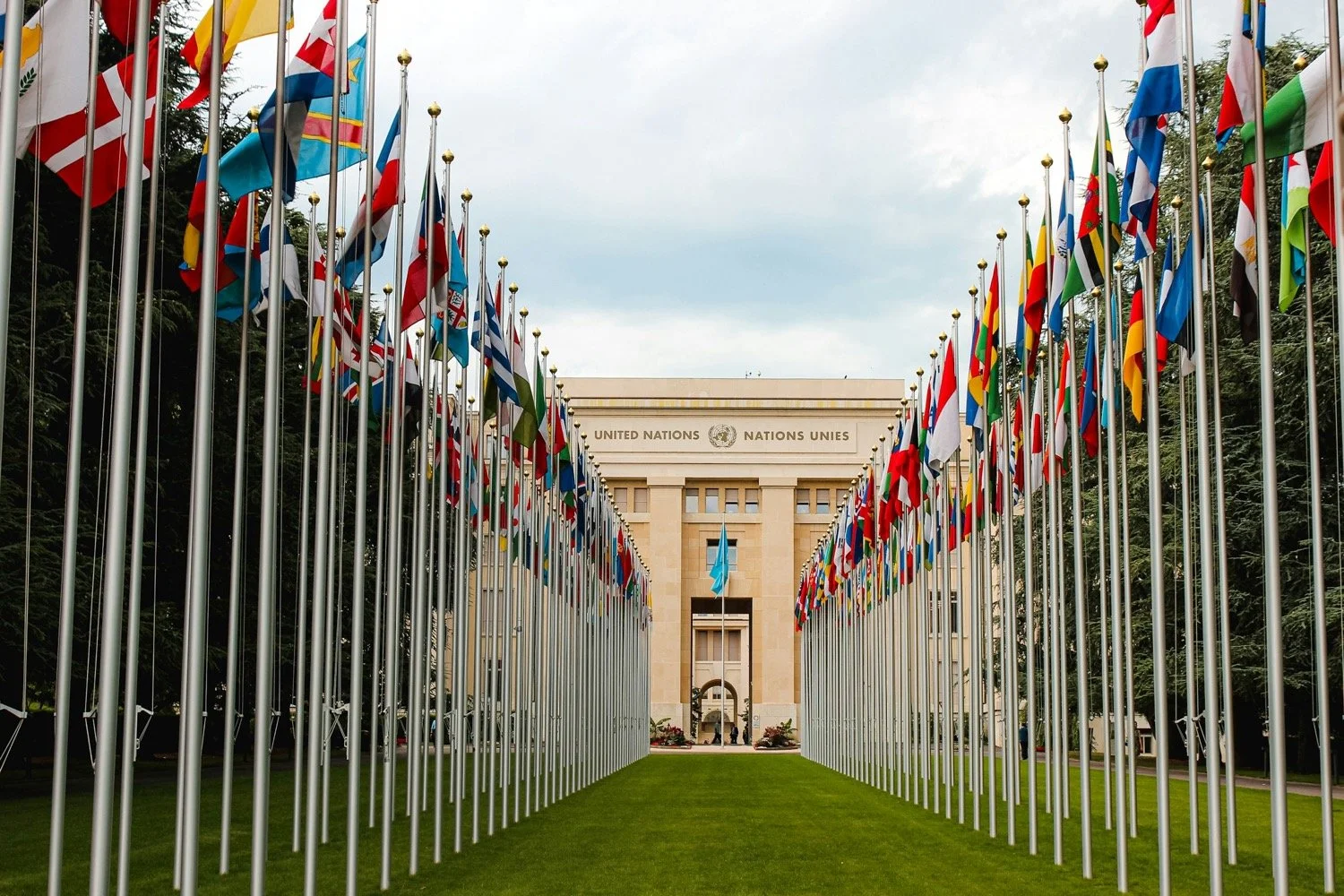Readings for today: 2 Samuel 13-15, Psalms 90
“An eye for an eye makes the whole world blind.” - Gandhi
“Fracture for fracture, eye for eye, tooth for tooth. Whatever injury he inflicted on the person, the same is to be inflicted on him.” (Leviticus 24:20 CSB)
The principle of proportional justice cited by Gandhi comes straight out of the Old Testament from passages like the one in Leviticus. It’s specifically designed by God to bring an end to the perpetual cycles of violence and revenge that plagued the ancient world. Insults were met with assault. Assaults met with murders. Murder met with the elimination of entire families. The elimination of families led to open warfare between tribes. These are generational cycles in honor/shame cultures. The next generation shouldering the responsibility to restore the honor of their family by taking revenge on those who wounded their fathers and mothers.
We see a similar dynamic play out in the stories we read today. David led a highly dysfunctional family. He played favorites. Indulged the children he liked and ignored the children he despised. Mostly he appears to be an absentee father who seems consumed with running the Kingdom of Israel rather than securing his succession and teaching his children to fear the Lord. The results are tragic. Amnon rapes his sister. Absalom assassinates Amnon. David effectively exiles Absalom. Absalom leads a rebellion to overthrow his father, dragging the entire country into war. At every point, there are opportunities to choose a different path. Amnon could have asked David for Tamar’s hand in marriage. David could have brought Amnon to justice for the rape of his sister. David could have chosen reconciliation after Absalom’s exile had ended. Absalom could have chosen the path of peace rather than war against his father. Sadly, the desire for revenge got the best of them which led to all kinds of horrific consequences for them, their families, their communities, and the nation.
Jesus said, “You have heard that it was said, An eye for an eye and a tooth for a tooth. But I tell you, don’t resist an evildoer. On the contrary, if anyone slaps you on your right cheek, turn the other to him also.” (Matthew 5:38-39 CSB) The path Jesus offers is the path of non-violent resistance. He challenges his followers to break the cycles of revenge that so often enslave us and instead claim the moral high ground. He challenges them to overcome evil with good. Violence with peace. Hatred with love. There may not be a more radical teaching in all of Scripture! It would almost be too much except for the fact that Jesus Himself models this ethic in his suffering and death. Refusing to lift a hand against his oppressors. Refusing to call down legions of angels to fight on his behalf. Asking for forgiveness for us rather than revenge from the cross all because He trusted in His Father’s higher, greater plan. Do we trust God in this same way in our own lives?
Readings for tomorrow: 2 Samuel 16-18, Psalms 91 (No devotionals on Sundays)




